
On last Sunday’s CBS show “Face the Nation,” senior Trump policy adviser Stephen Miller defended Trump’s travel ban and said, “The powers of the president to protect our country are very substantial and will not be questioned.”
We need to remind students that this country has been at its best when people have organized to question and challenge presidents — opposing presidential support for slavery, war, invasion, segregation, and injustice of all kinds. Our students need stories of this resistance to inform and inspire their own activism in the years ahead.
As Presidents Day approaches, it’s a good time to reflect on how we can help students to think critically about the presidency — and, yes, help them to question the president.
Howard Zinn said about the three branches of government,
We’ve never had our injustices rectified from the top, from the president or Congress, or the Supreme Court, no matter what we learned in junior high school about how we have three branches of government, and we have checks and balances, and what a lovely system. No. The changes, important changes that we’ve had in history, have not come from those three branches of government. They have reacted to social movements.
Here are a few of the many resources available at the Zinn Education Project to critically teach the presidency. With your support, we can bring these lessons to classrooms everywhere.
History of U.S. Presidents
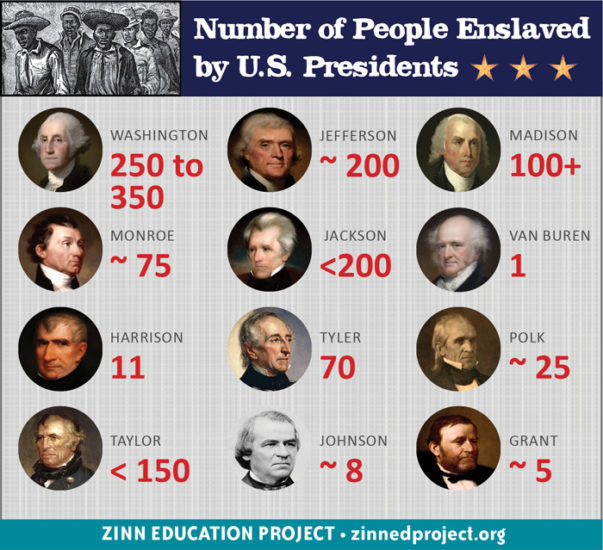 Missing from Presidents Day: The People They Enslaved
Missing from Presidents Day: The People They Enslaved
Schools across the country are adorned with posters of U.S. presidents and the years they served in office. U.S. history textbooks describe the accomplishments and challenges of the major presidential administrations. Children’s books put students on a first-name basis with the presidents. Nowhere in all this information is there any mention of the fact that more than one in four U.S. presidents were involved in human trafficking and slavery. ARTICLE BY CLARENCE LUSANE.
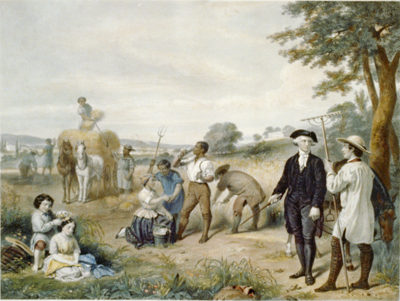 Presidents and Slavery: Helping Students Find the Truth
Presidents and Slavery: Helping Students Find the Truth
A 5th-grade teacher and his students conduct research to answer the question: “Which presidents owned people?” What they came up with will surprise you. LESSON BY BOB PETERSON.
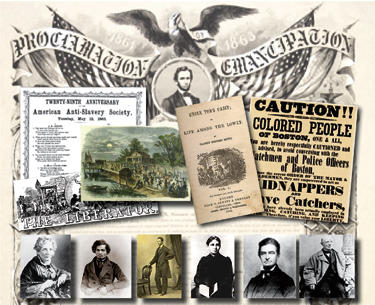 Rethinkin’ Lincoln
Rethinkin’ Lincoln
Students need to rethink the Great Emancipator myth by examining Abraham Lincoln’s first inaugural address, the Emancipation Proclamation, his timid approach to ending slavery, and, by contrast, the heroism of the abolitionists and the enslaved people themselves. ARTICLE BY BILL BIGELOW.
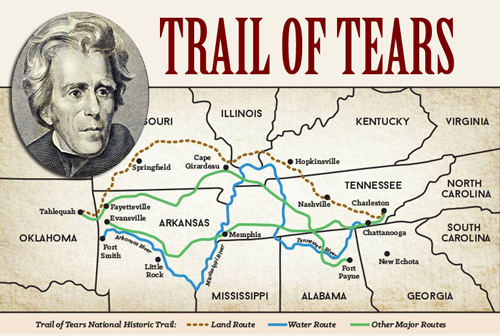 Andrew Jackson Revisited
Andrew Jackson Revisited
What does it tell us about the Trump administration that Andrew Jackson’s portrait now hangs prominently in the Oval Office? As Howard Zinn explained, “Jackson was a land speculator, merchant, slave trader, and the most aggressive enemy of the Indians in early American history.” EXCERPT BY HOWARD ZINN.
The Birth of a Nation: A Century Later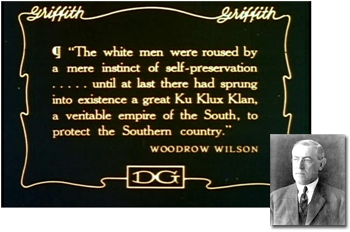
The film The Birth of a Nation celebrated the Ku Klux Klan and erased memories of the role of African Americans played in bringing democracy to the Southern states — and, in the process, the unity they forged with whites. When it was shown at the White House, President Wilson, who supported segregation, called it “history written in lightning.” ARTICLE BY WILLIAM KATZ.
Teaching After the Election of Trump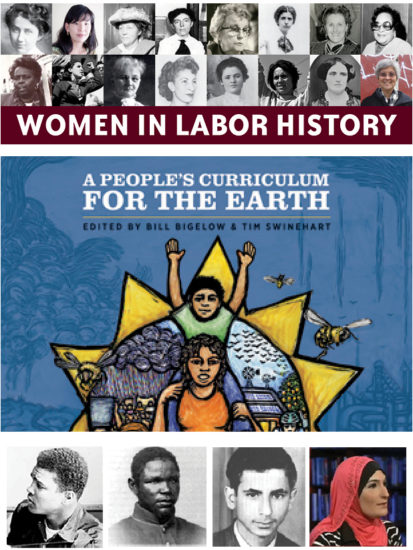
When he ran for president, Trump lied and used hate speech when talking about people of color, Muslims, immigrants, Native Americans, LGBTQ people, people with physical disabilities, and women. Trump’s first weeks [now a year] have shown that these were not empty words, but a preview of the biased policies to come. We invite you to draw on curriculum at the Zinn Education Project to help your students make sense of this context.
View more resources on U.S. Presidents
75th Anniversary of Executive Order 9066
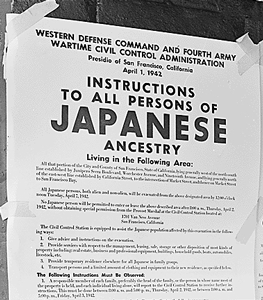 February 19th marks the 75th anniversary of Executive Order 9066 issued by President Roosevelt authorizing the internment of U.S. citizens of Japanese descent. This history has chilling relevance today with the Trump administration’s references to a Muslim registry. Here are lessons for teaching about Executive Order 9066.
February 19th marks the 75th anniversary of Executive Order 9066 issued by President Roosevelt authorizing the internment of U.S. citizens of Japanese descent. This history has chilling relevance today with the Trump administration’s references to a Muslim registry. Here are lessons for teaching about Executive Order 9066.
- A Lesson on the Japanese American Internment
- The Other Internment: Teaching the Hidden Story of Japanese Latin Americans During WWII
- Learning About the Unfairgrounds: A 4th-Grade Teacher Introduces Her Students to Executive Order 9066
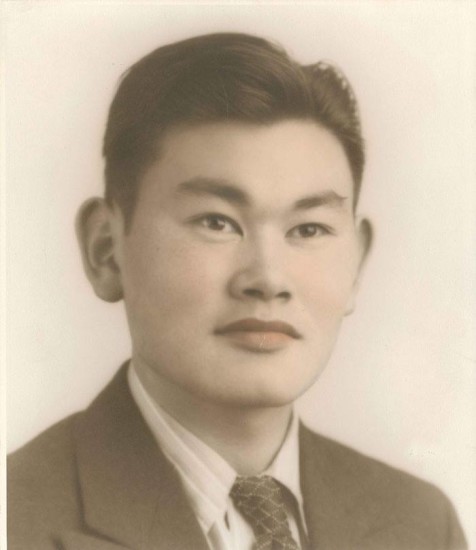 Fred Korematsu Defies Executive Order 9066
Fred Korematsu Defies Executive Order 9066
Fred Korematsu defied Executive Order 9066. He was arrested, convicted, and sent to the Topaz Internment Camp in Utah. Korematsu filed a lawsuit claiming his constitutional rights had been violated and he had suffered racial discrimination. His case went to the Supreme Court — twice.
![]()
Show Your Support
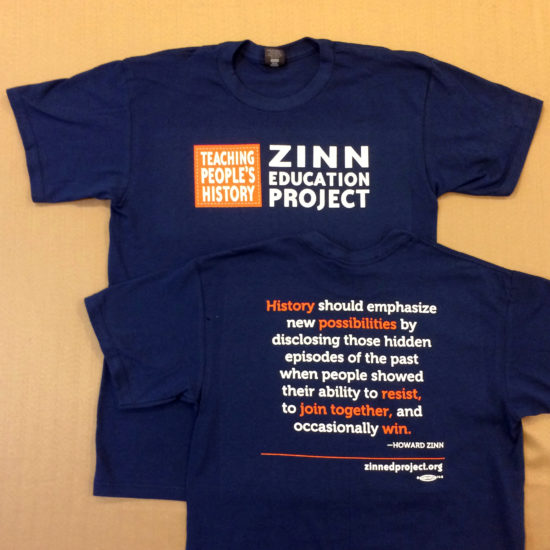 Zinn Education Project Shirts
Zinn Education Project Shirts







Twitter
Google plus
LinkedIn